detail profile lucio azcurrain
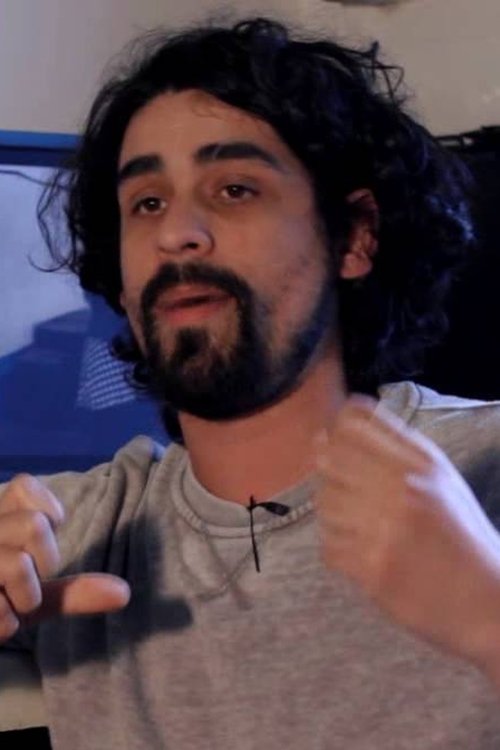
Info Pribadi
Peran Yang Di Mainkan Lucio Azcurrain
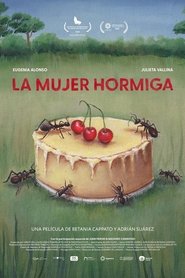 Renata seeks refuge in the house...
Renata seeks refuge in the house...The Ant Woman 2024
Renata seeks refuge in the house of Virginia, her sister. Virginia lives a quiet life with her son Lucio in a provincial city and the only thing that seems to worry her are the ants that have invaded her home. Renata has nowhere to go. Virginia wants to help her and receives her; But the days pass and the drama of daily life begins to reveal the link between them, the pain of recognizing and rediscovering each other in a past that returns and takes strange forms.
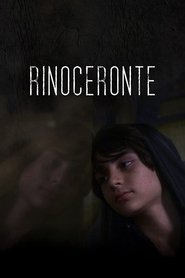 Damin an 11yearold boy who is...
Damin an 11yearold boy who is...Rhino 2022
Damián, an 11-year-old boy who is separated from his violent family, is taken to live in a children's home by state intervention. Accompanied by Leandro, a social worker with a personal story similar to his, Damián will have to accept that his previous life is behind him and will not return, but it is still possible to build a new beginning where there is room to not feel so alone.
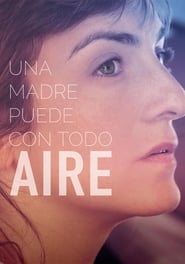 Lucia is a single parent to...
Lucia is a single parent to...Air 2018
Lucia is a single parent to a child with Asperger's. She has a minimum wage job and a very difficult relationship with her mother, but she thinks she can deal with everything on her own. One day she receives an urgent call from the school: her son hit his head and she needs to pick him up.
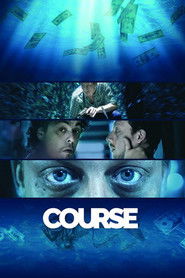 Ariel is a middleclass young man...
Ariel is a middleclass young man...Cauce 2017
Ariel is a middle-class young man, a father of a family, who surprisingly loses his job in the context of a wave of layoffs. Altered and hiding from his family what happened, he escapes his father-in-law's birthday to go to a nightclub, where an old acquaintance offers to be part of a narco business. Ariel accepts, trusting that his participation will be limited, but things go out of control.
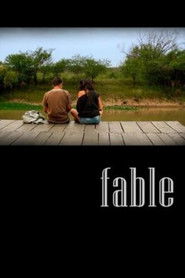 One summer afternoon on the banks...
One summer afternoon on the banks...fábula 2012
One summer afternoon, on the banks of a river, a boy and a girl are starting to get to know each other. The landscape and the distance are the scene of a possible beginning.
 Trombone is not a classic documentary...
Trombone is not a classic documentary...Trombón 2009
Trombone is not a classic documentary, in the same way that Trombonanza is not a classic experience in the world of trombone. It is full of moving stories, secret tributes, huge celebrations and above all music.
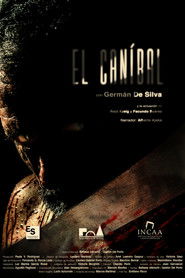 In 1936 in Cayast Aparicio Garay a...
In 1936 in Cayast Aparicio Garay a...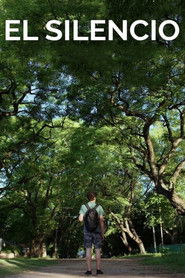 Toms is a teenager whose life...
Toms is a teenager whose life...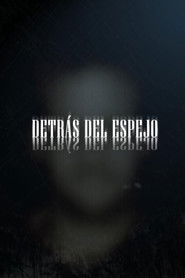 A man is attacked inside his...
A man is attacked inside his...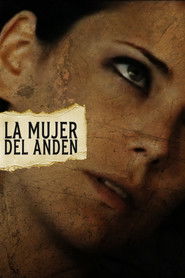 In the 1990s the trains stopped...
In the 1990s the trains stopped...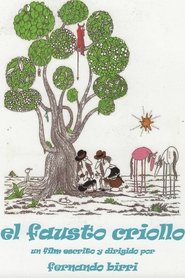 A version of El Estatola del...
A version of El Estatola del...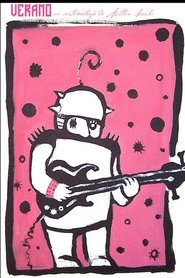 Five challenging young men gather in...
Five challenging young men gather in... Second feature film from the Higher...
Second feature film from the Higher...